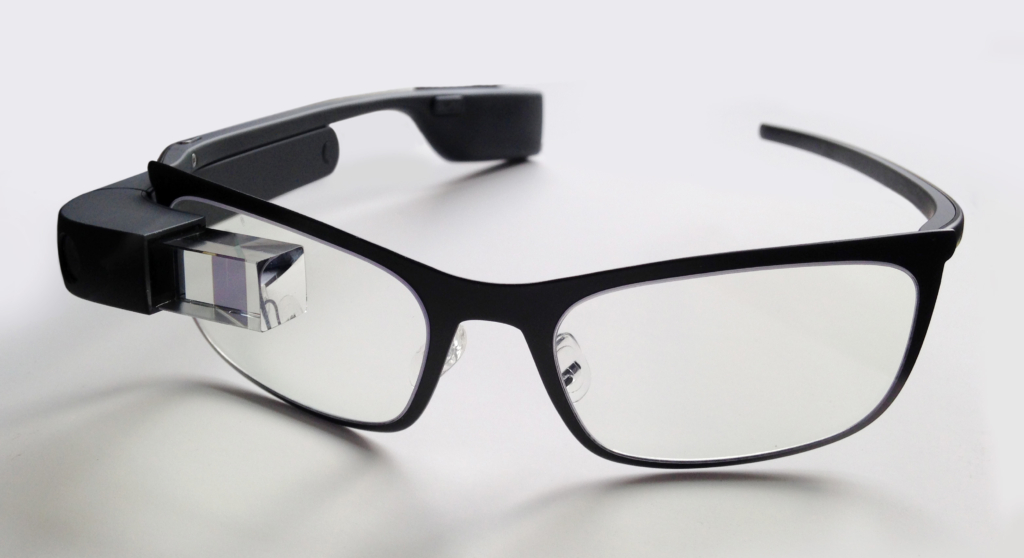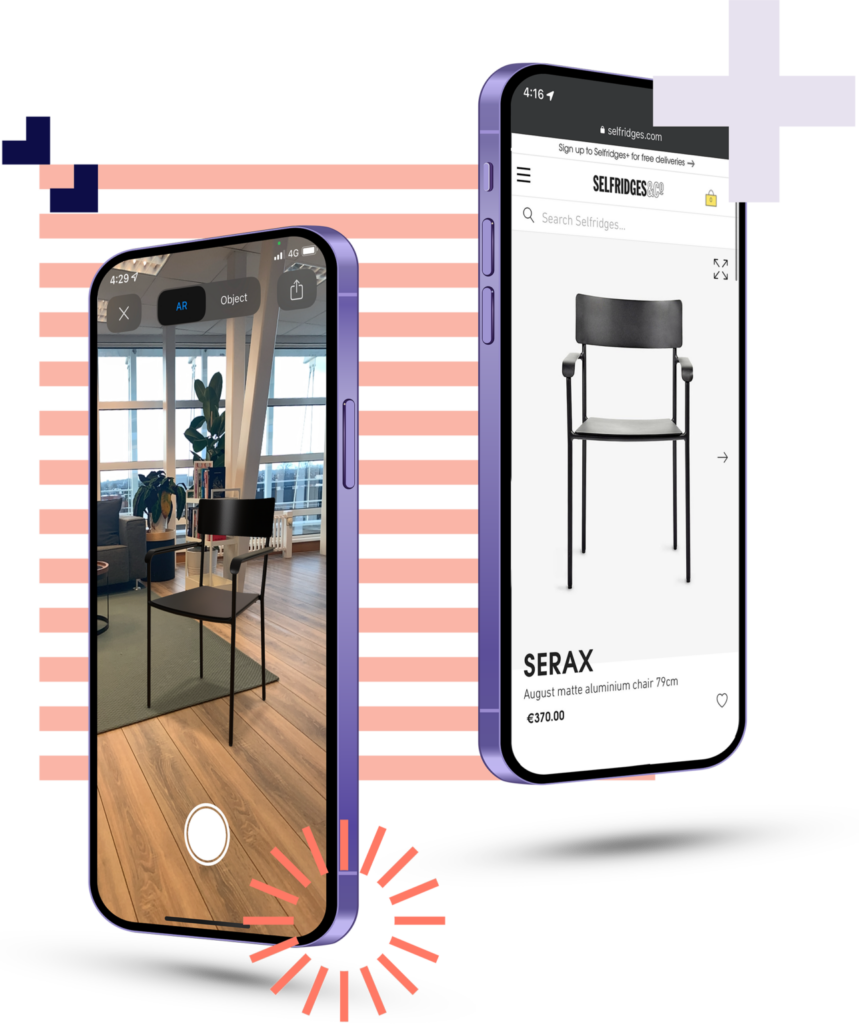AR glasses have the potential to change the way we interact with and experience augmented reality. By integrating AR technology directly into glasses, users will be able to access and interact with AR content in a more natural and seamless way, without the need for a separate device such as a smartphone. This could make AR more accessible and widely adopted in everyday life, including online shopping.
For online shopping, AR glasses could allow customers to virtually try on clothing or view furniture in their own space, as well as receive information about products and offers in real-time. This could enhance the online shopping experience and make it more similar to in-store shopping, potentially increasing sales and customer satisfaction. Additionally, retailers could use AR glasses to provide customers with personalized recommendations and interactive product displays.

The benefit of AR glasses is the ability to view products in actual 3D. AR through mobile devices lack the immersion that AR glasses bring to the table. With AR glasses, shoppers will be able to walk around 3D products in their own line of sight and view point, giving them an even better understanding of its size, shape, and overall design.
AR glasses will also enable retailers to create more engaging and interactive shopping experiences. For example, virtual try-on features will allow shoppers to virtually try on clothes and accessories, while virtual showrooms will enable them to explore products in a virtual store. This will make it easier for retailers to showcase their products, and for consumers to find what they’re looking for.
One of the most highly anticipated AR glasses currently in development is the Apple Glasses. According to various reports, Apple is working on a pair of AR glasses that will connect wirelessly to an iPhone and display information in the wearer’s field of vision. These glasses are expected to include a variety of features such as augmented reality, virtual reality, and even facial recognition technology. The release date is not confirmed yet, but the speculation is that the Apple Glasses will be launched in 2023 or 2024.
It’s expected that the Apple Glasses will have a sleek, minimalist design and will be a premium product with a high price point. The glasses will likely be targeted at consumers who are looking for a more immersive and convenient way to access information and interact with their devices. With Apple’s reputation for innovative and user-friendly technology, it’s likely that the company will be able to create a pair of AR glasses that will be widely adopted by consumers.
Another major player in the AR glasses market is Microsoft with its HoloLens. The HoloLens is a self-contained, untethered device that uses a combination of cameras, sensors, and holographic displays to overlay virtual objects onto the real world. It was first released in 2016 and currently available in the market as a developer and enterprise edition.
One of the key advantages of the HoloLens is its ability to create truly immersive and interactive experiences. The HoloLens allows users to interact with virtual objects using hand gestures and voice commands, and it also includes a built-in spatial audio system for a more realistic experience. Additionally, the HoloLens can be used for a wide range of applications, including gaming, education, and industrial design.
Microsoft is also developing the next generation of HoloLens which is expected to have a more compact design, improved battery life and more advanced features. The release date of next generation HoloLens is not confirmed yet, but it’s expected to hit the market in the coming years.
The future of AR and AR glasses looks very promising. As the technology continues to evolve and improve, it will become more accessible and affordable, making it possible for more and more retailers to adopt it. This will lead to a more engaging and interactive shopping experience for consumers, and will also help retailers to better showcase their products and increase sales.
AR glasses have the potential to revolutionize the way we shop online. By enabling consumers to experience a more immersive and interactive shopping experience, AR glasses will make it easier for shoppers to envision products in their own homes and environments. Additionally, retailers will be able to create more engaging and interactive shopping experiences, and shoppers will be able to share their virtual shopping experiences with friends and family. However, there are also some challenges that will need to be overcome, such as the cost of the technology and privacy concerns. Despite these challenges, the future of AR and AR glasses looks very promising and it will be interesting to see how the technology will evolve and be adopted in the future.





